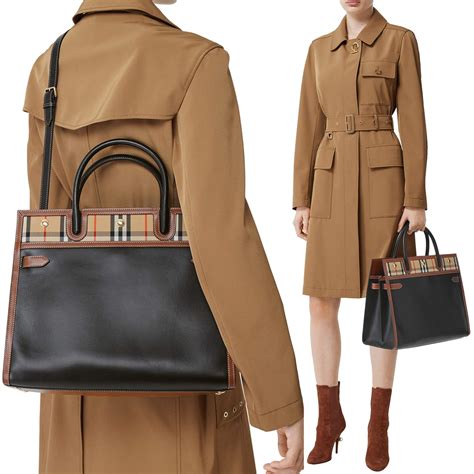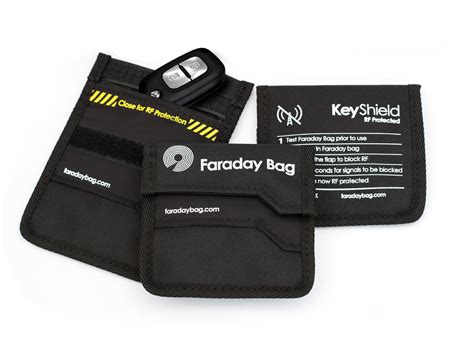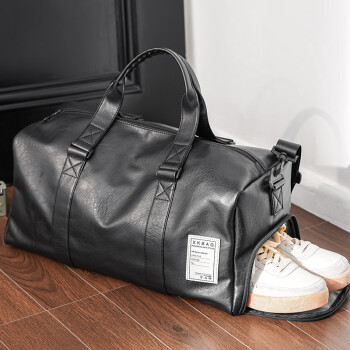gucci dueños actuales | francois pinault Gucci
$260.00
In stock
The question of "Gucci Dueños Actuales" (Gucci's current owners) invariably leads to one name: François-Henri Pinault. While the history of Gucci is rich and complex, marked by family drama and eventual corporate acquisitions, the present reality is that the iconic Italian fashion house is firmly under the umbrella of Kering, a French luxury group helmed by Pinault. Understanding the full picture requires delving into the history of Gucci, the rise of Pinault's empire, and the significant brands that Kering encompasses, including the prestigious Yves Saint Laurent.
The Gucci Legacy: From Florence to Global Phenomenon
Before understanding the current ownership, it's crucial to appreciate the brand's heritage. Gucci was founded in Florence, Italy, in 1921 by Guccio Gucci. Initially a leather goods and luggage company catering to the affluent, particularly horse-riding enthusiasts, Gucci quickly established a reputation for quality craftsmanship and sophisticated design. The iconic double-G logo, inspired by Guccio Gucci's initials, became synonymous with luxury and prestige.
The brand's expansion continued under Guccio's sons, Aldo, Vasco, and Rodolfo. Aldo, in particular, was instrumental in growing Gucci's international presence, opening boutiques in major cities worldwide. However, family infighting and power struggles began to plague the company in the 1980s, leading to legal battles and tarnishing the brand's image. This tumultuous period culminated in the tragic murder of Maurizio Gucci, Guccio's grandson, in 1995, orchestrated by his ex-wife.
Amidst the chaos, Gucci struggled to maintain its position as a leading luxury brand. Strategic missteps, brand dilution through licensing agreements, and inconsistent creative direction contributed to a decline in its market share. The company desperately needed a savior, someone with the vision and resources to restore Gucci to its former glory.
Enter François Pinault and the Rise of Kering (Formerly PPR)
François Pinault, a shrewd French businessman and the founder of Pinault Printemps Redoute (PPR), later rebranded as Kering, saw an opportunity in the struggling Gucci. Pinault had built his fortune through timber trading and retail, and he recognized the potential of luxury brands. He began acquiring stakes in various fashion houses, including Yves Saint Laurent.
In 1999, Pinault engaged in a fierce takeover battle with Bernard Arnault, the chairman and CEO of LVMH (Moët Hennessy Louis Vuitton), another French luxury conglomerate. Both companies recognized the immense value of Gucci, and a protracted bidding war ensued. Ultimately, Pinault's PPR emerged victorious, acquiring a controlling stake in Gucci Group, which at the time also included brands like Yves Saint Laurent and Alexander McQueen.
This acquisition marked a pivotal moment in the history of Gucci. Pinault brought stability, financial resources, and a long-term vision to the company. He appointed Domenico De Sole as CEO and Tom Ford as creative director, a dynamic duo that revitalized the brand and propelled it to new heights of success.
François-Henri Pinault: The Architect of Kering's Luxury Empire
While François Pinault orchestrated the initial acquisition, his son, François-Henri Pinault, has been instrumental in shaping Kering into the luxury powerhouse it is today. François-Henri took over as CEO of Kering in 2005, continuing his father's legacy of strategic acquisitions and brand development. Under his leadership, Kering has focused on building a portfolio of highly desirable luxury brands, emphasizing creativity, innovation, and sustainability.
François-Henri Pinault is not just a businessman; he is also a passionate advocate for the fashion industry and a champion of social and environmental responsibility. He has spearheaded Kering's commitment to sustainability, setting ambitious targets for reducing the company's environmental impact. He has also been a vocal supporter of diversity and inclusion within the fashion industry.gucci dueños actuales
Therefore, when we ask "Gucci Dueños Actuales," the most accurate answer is François-Henri Pinault, in his capacity as CEO of Kering. He is the ultimate decision-maker, responsible for the strategic direction and overall performance of the Gucci brand.
Kering's Portfolio: Beyond Gucci
It's important to understand that Gucci is just one piece of the Kering puzzle. Under François-Henri Pinault's leadership, Kering has assembled a remarkable collection of luxury brands, each with its own distinct identity and heritage. Some of the most notable brands in the Kering portfolio include:
* Yves Saint Laurent (YSL): Another iconic French fashion house, Yves Saint Laurent was acquired by Gucci Group before Kering took over. YSL is known for its bold and innovative designs, its embrace of androgyny, and its enduring influence on fashion trends. The brand continues to thrive under Kering's ownership, with Anthony Vaccarello serving as creative director.
* Bottega Veneta: An Italian luxury brand renowned for its exquisite leather goods and its signature intrecciato weaving technique. Bottega Veneta is synonymous with understated elegance and timeless design.
* Balenciaga: A Spanish fashion house known for its avant-garde designs and its influential role in shaping 20th-century fashion. Balenciaga continues to push boundaries under the creative direction of Demna Gvasalia.
Additional information
| Dimensions | 6.5 × 2.4 × 1.9 in |
|---|








